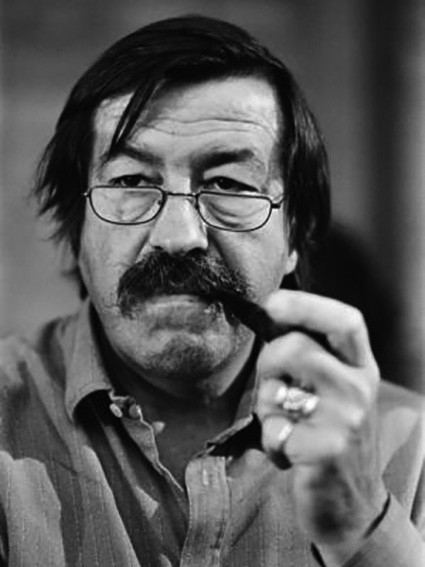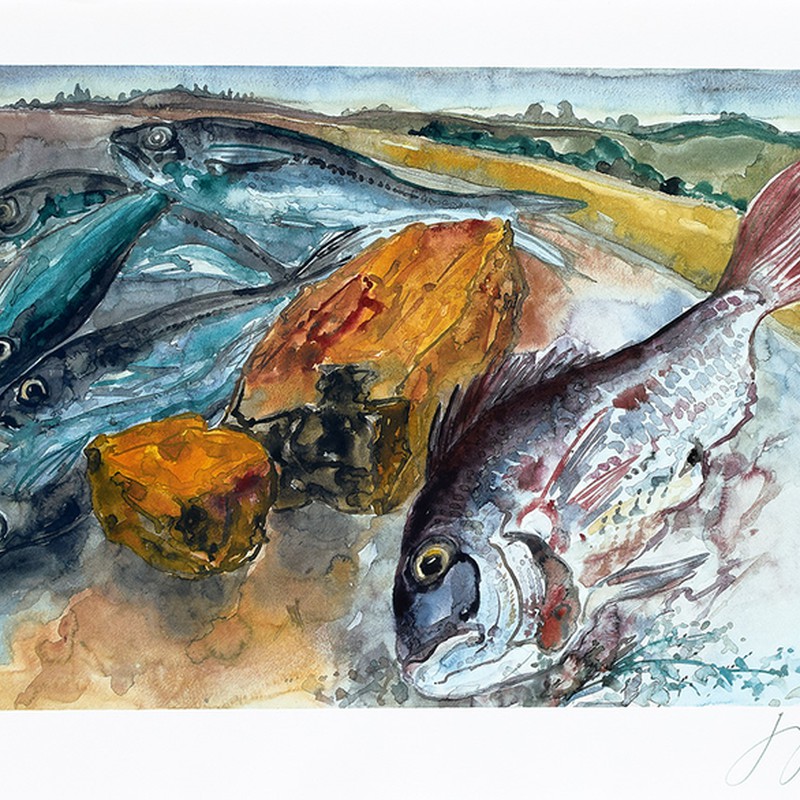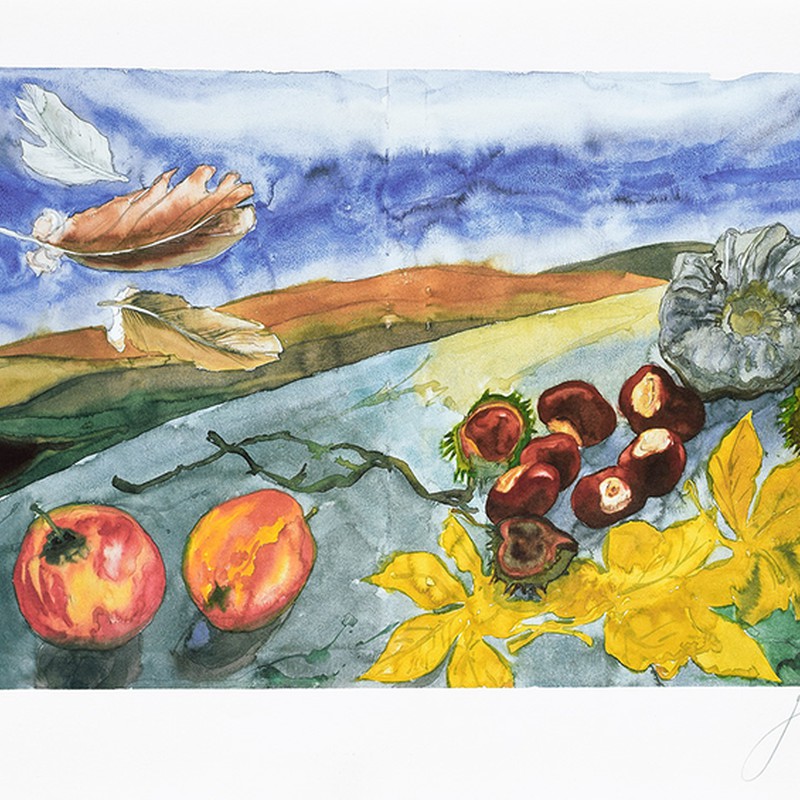
Günter Grass
Born in 1927 in Danzig, now Gdansk, a city in northern Poland. Between 1920 and 1939, Danzigue was a semi-autonomous city state, created in accordance with the Treaty of Versailles, after the end of World War I. Called the Free City, it was separated from Germany, then called the Weimar Republic, and into the new independent nation of the Second Polish Republic. A controversial character, a man on the left in the public debate, he caused a stir when in the first volume of his autobiography “Peeling the Onion”, he describes how he voluntarily enlisted in the SS at the age of 17. After his military service and being captive by the American military forces, he worked as a farmer and miner and studied arts in Düsseldorf and Berlin. He began writing in the 50s, publishing his first poetry in 56 and his first play in 57. Novelist, poet, playwright, illustrator, painter and sculptor, he was seen as “the conscience morality of the German nation", having become a member, in 1955, of Gruppe 47,socially critical and being a recognized active supporter of the German party SPD.
In 1999 he received the Nobel Prize for Literature. According to the Swedish Academy, Günter Grass gave a new direction to science. German literature, resuming a forgotten part of history, with scathingness and in the tone of a black fable. Member of the Berlin Academy of Arts, he gained international recognition with the book “The Tin Drum” published in 1959. É the first volume of the Danzig Trilogy, where the author recreates with irony and dark humor the environment he experienced in his hometown, before and during World War II. He has also received other prestigious awards such as the Prince of Asturias Literary Prize, the Mondello International Prize and the Alexander-Majakovsky Medal. He was distinguished as Doctor Honoris Causa by the University of Gdansk, Poznan and Harvard.
He passed away in 2015, aged 87, in Lübeck, Germany.

